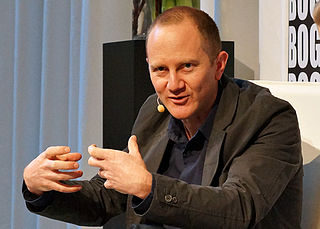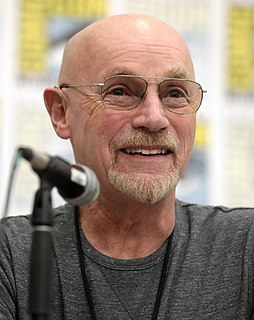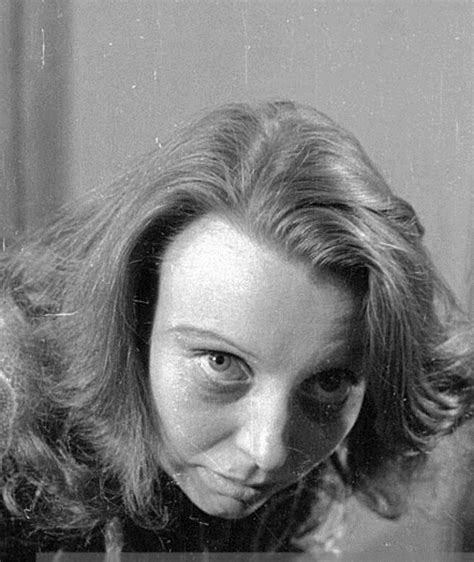A Quote by William Golding
Even if you got rid of paper, you would still have story-tellers. In fact, you had the story-tellers before you had the paper.
Related Quotes
Telling purposeful stories is interactive. It's not a monolog. Ultimately, purposeful tellers must surrender control of their stories, creating a gap for the listener(s) to willingly cross in order to take ownership. Only when the listener(s) own the tellers' story and make it theirs, will they virally market it.
Chroniclers of the role of paper in history are given to extravagant pronouncements: Architecture would not have been possible without paper. Without paper, there would have been no Renaissance. If there had been no paper, the Industrial Revolution would not have been possible. None of these statements is true.
What I've always wished I'd invented was paper underwear, even knowing that the idea never took off when they did come out with it. I still think it's a good idea, and I don't know why people resist it when they've accepted paper napkins and paper plates and paper curtains and paper towels-it would make more sense not to have to wash out underwear than not to have to wash out towels.





































